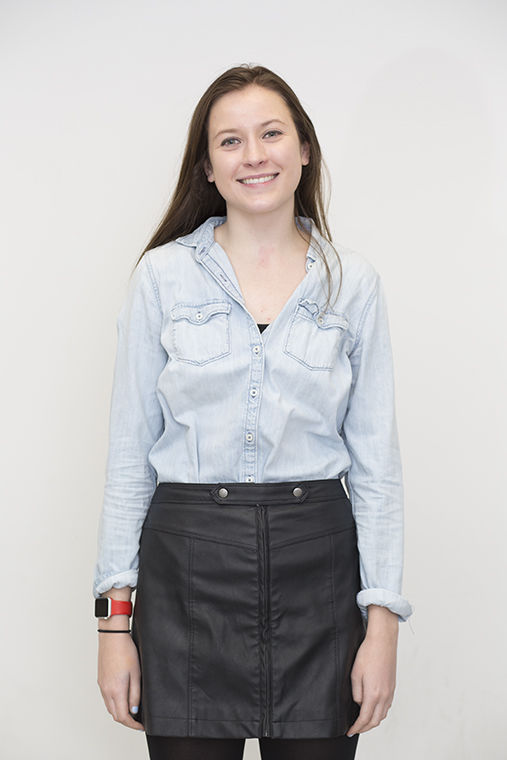Millennials are the gateway to fashion
January 30, 2017
Fashion is one of many art forms meant to challenge social and political norms by taking a disturbing and challenging situation and turning it into art. Notable fashion label Chanel put on a feminist protest show in 2014, at which models stormed the stage with signs saying “History is her story.” Pyer Moss addressed police brutality in his Spring 2016 collection, “Ota, Meet Saartjie.” Vivienne Westwood has created dozens of shows with political statements including her 2014 show “Democracy in the UK” and “Ecotricity” in 2017.
When luxury fashion house Balenciaga debuted its Fall 2017 men’s line on Jan. 19, the garments could be considered political but were focused on catching the eyes of millennials. The line included multiple garments that had a “Balenciaga 2017” logo that looked almost identical to Sen. Bernie Sanders’ presidential campaign logo. Bomber jackets, scarves and sweatshirts all showcased the “Balenciaga 2017” logo with three curves drawn across the bottom.
Balenciaga’s lead designer Demna Gvasalia was clearly attempting to embrace this with his Fall 2017 line, which was inspired by the 55 percent of American millennials who were in favor of Sanders during his campaign run, according to a May 12, 2016, Washington Times article. The clothes were also incorporating a classic millennial look, “nerdy chic.”
Paying tribute to millennials’ interest was a smart move. According to an Aug. 20, 2015, article from CNBC, businesses should start paying attention to the demands of the millennials, especially in the fashion industry, because this generation controls the future of fashion and will be the reason politics and fashion become synonymous. Millennials can now make or break a business, considering they make up a quarter of the population, according to the 2015 Census Bureau.
Couture houses now recognize millennials as the most powerful statement-makers. Millennials are not following designers; designers are following millennials.
Balenciaga wasn’t endorsing a candidate but rather a generation. But designers have found out that political statements are risky. In a July 20, 2012 article from Women’s Wear Daily, fashion designer Marc Jacobs cautioned others about mixing fashion and politics after receiving negative comments because of the “Free Tibet” slogan he used on some select products.
“Politics and fashion—you’ve always got to be a bit careful because somebody’s going to get offended, or somebody’s going to feel it isn’t right,” Jacobs said to the publication.
Jacobs seemed not to take his own advice when he designed a tee honoring Democratic presidential candidate Hillary Clinton for the “Made for History” collection. “Made for History” is a collection by 15 designers who created tees, bandanas and canvas clutches in support of Clinton that debuted on Sept. 7, 2016, to kick off New York Fashion Week.
Political collections by designers make big statements that can fall flat or win new fans among consumers with the same idea and stance on a situation. These brands are acknowledging the power of millennials who are now in the era in which we wear rather than say.








